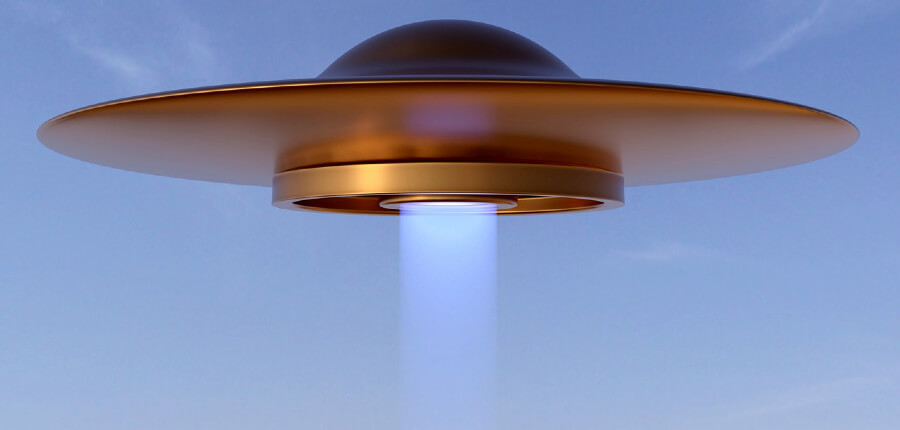The Pentagon’s long-awaited report on UFOs—or UAPs, unidentified aerial phenomena—was disappointingly noncommittal when it comes to the possible passing presence on Earth of alien beings. However, if anyone remains unconvinced of the warnings by Stephen Hawking and other astronomers that making contact with extraterrestrials could be to our disadvantage, for they may kill us or, at the very least, make “pets” of us, we have only to look at how humans treat dogs.
Around the world, “man’s best friend” is probed, poisoned, electro-shocked, mutilated and killed in experiments. In Asia, dogs are eaten. In China, they are bludgeoned and killed for their skin, which is exported globally and finds its way into our homes as belts and even chew toys for other dogs.
In the U.S., we acquire dogs for various reasons such as to keep us company and give us something to do during the pandemic lockdown but may dispose of them when they no longer suit us. Millions of them every year end up unwanted and are often destroyed or dumped on the streets—where they are no match for traffic, starvation, diseases, injuries and abuse. Others are relegated to a chain in someone’s backyard for the rest of their lonely, bleak lives.
Even in “good” homes, dogs have lost that which is most precious to all living beings: the freedom to make choices. It’s “sit,” “stay,” “down” and “no!” Humans control every aspect of their lives. While dogs can no longer run free and dig a den, find a mate, raise a family and find their own food, they still yearn to do these things. They want to explore, investigate scents, dig, bark and interact with others of their own kind. But domesticated dogs can’t even relieve themselves without permission from a member of the dominant species with the power to open the door for them. Many dogs are made to wait long hours for that “privilege.”
We compel dogs to abide by our rules, punish them for uttering a peep in their own language, fit them with collars that stab or choke their sensitive necks, yank them along when they try to sniff the “news,” and lock them down in solitary confinement for hours every day, even crating them like crockery.
Perhaps if we resist behaving in the ways Professor Hawking feared aliens would behave toward us but instead show consideration for dogs’ interests, interplanetary visitors might follow our lead.
That would certainly make dogs’ lives less stressful and monotonous.
We can start by rescuing a second dog from the shelter, not only saving a life but also allowing them to keep each other company when we’re away and giving them someone of their own kind to relate to. We can make sure we come back home on our lunch breaks or hire a trusted dog-walker so the dogs, who are flesh and blood and bladder like us, aren’t forced to “hold it.” And we can slow down and allow them to set the pace on walks—the highlight of their day!—and to sniff as long as they please without being pulled impatiently along.
It’s not much to ask, but “consideration” should be the universal watchword that extends to all others, no matter what they look like or what planet they come from.





